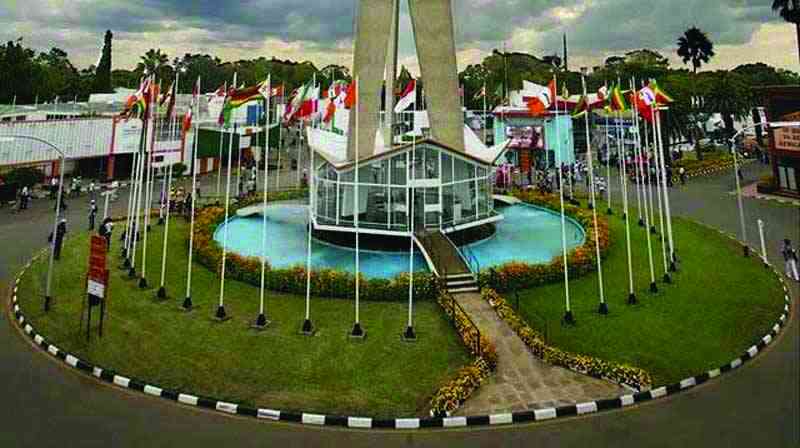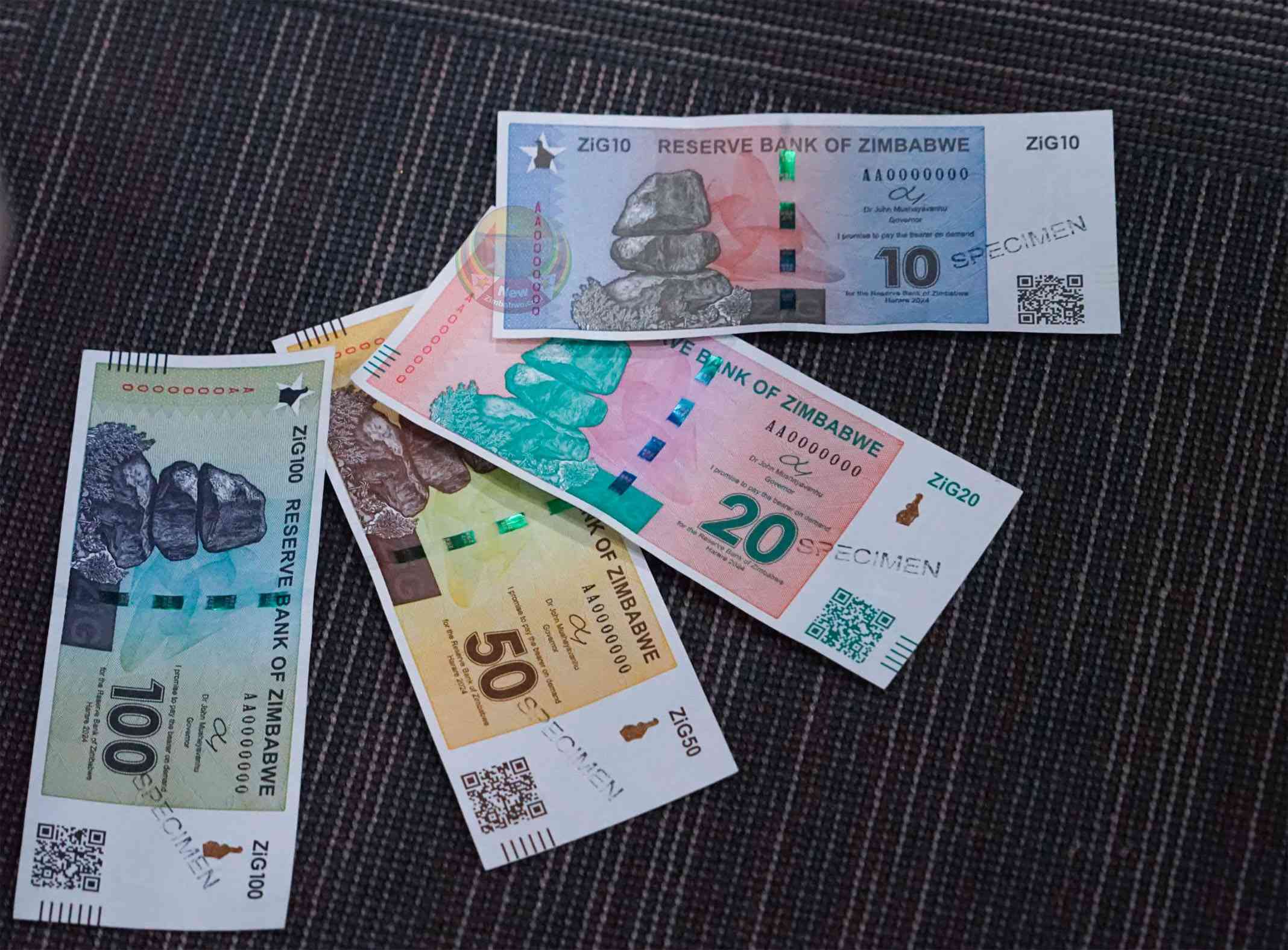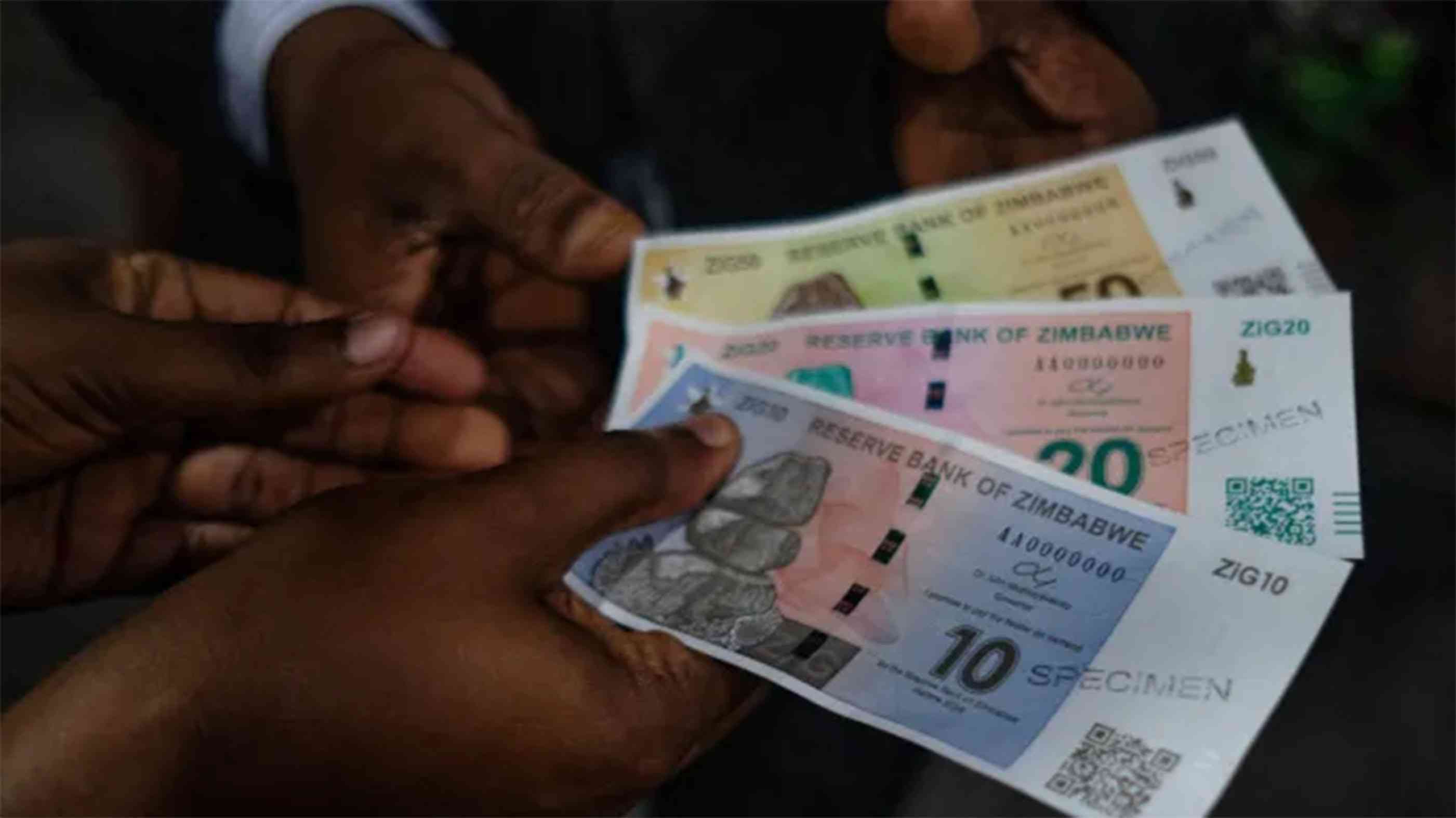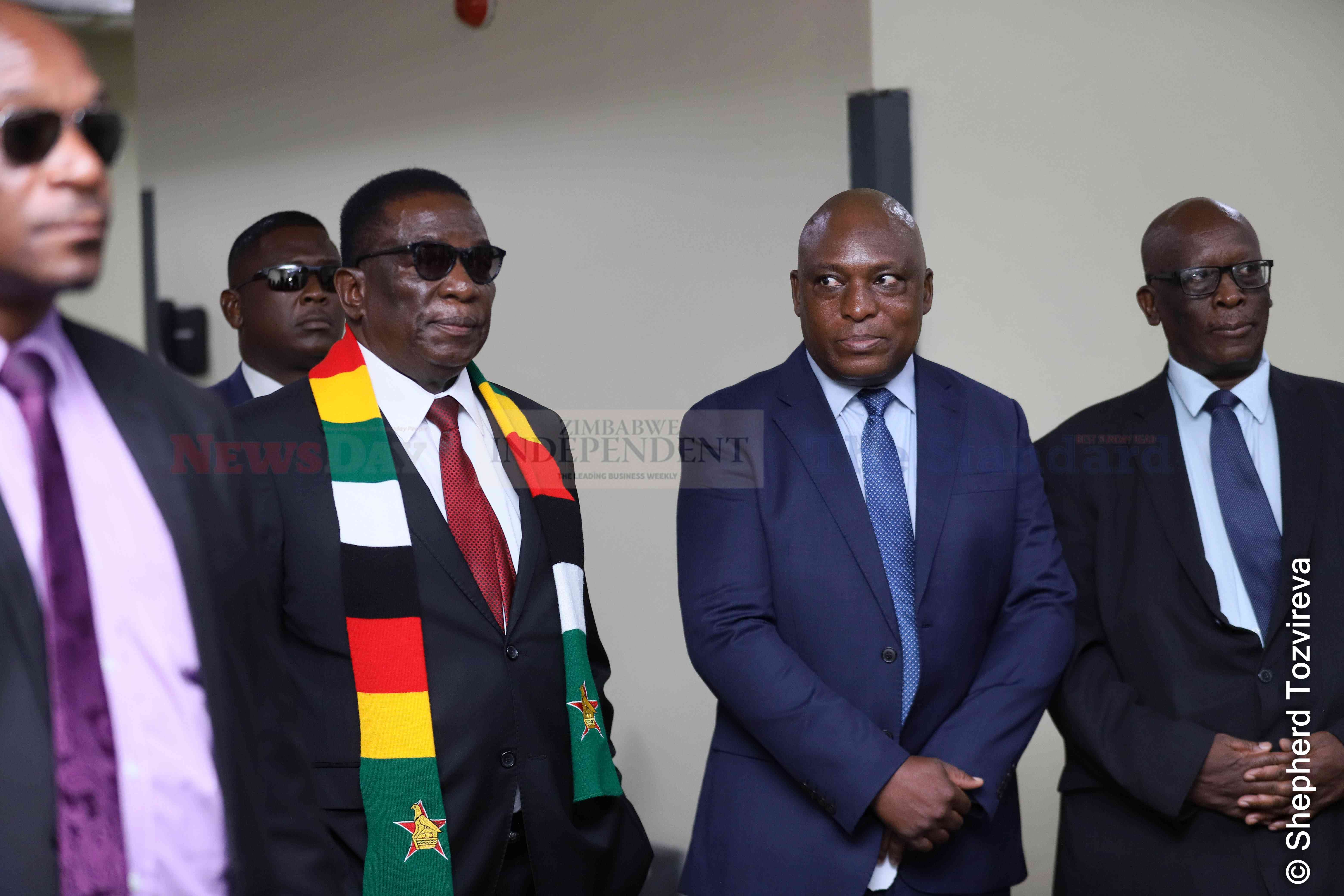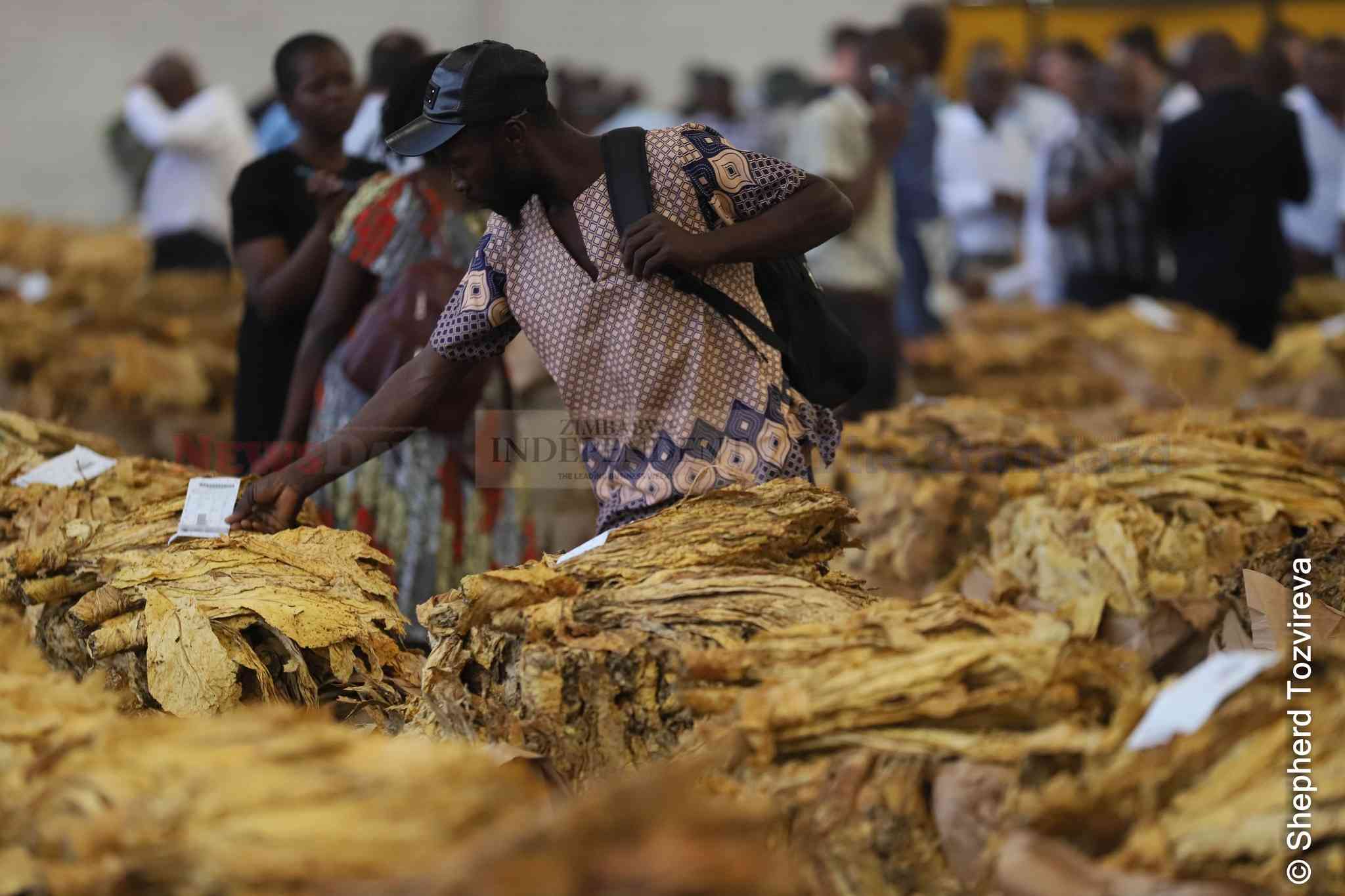
THE 2024 tobacco marketing season opened on Wednesday amid projections of a decline in output due to the El Niño-induced drought and a drop by 22% in the number of growers to 115 114.
Estimates show that the output will be around 235 million kilogrammes, down 21% compared to the figure recorded last year.
Auction floors opened on a high note, with a kilogramme of the golden leaf fetching US$4,92, up 13% compared to last year.
However, it is sad to note that the country exports 98% of its tobacco in raw form, thereby exporting jobs and value.
This means only 2% of tobacco is exported as cut rag or cigarettes.
According to Agriculture minister Anxious Masuka, the country produces more than 200 million kilogrammes of tobacco and as it crosses the border, the same tobacco fetches US$15 billion but Zimbabwe only gets US$1 billion.
Studies show that Zimbabwe produces around 6% of the world's tobacco output. As of 2023, the value of tobacco products sold around the world amounted to US$850 billion.
In keeping with Zimbabwe's 6% share of total world output, Kevin Tutani, a political economy analyst argues that the country was eligible to make US$51 billion from its crop, if it had manufacturing capabilities and sold final products.
- Mavhunga puts DeMbare into Chibuku quarterfinals
- Bulls to charge into Zimbabwe gold stocks
- Ndiraya concerned as goals dry up
- Letters: How solar power is transforming African farms
Keep Reading
But, out of that amount, how much did we get? Only US$1 billion, which is unacceptable! Yes, the government has now put in place the transformation plan to ensure that the country increases the volume and also value-adds so that by 2025 we can have a US$5 billion industry.
But as far as value-addition and tobacco beneficiation are concerned, we must walk the talk. Action speaks louder than words.
How long does it take to put in place a value-addition and beneficiation programme, surely? We have been having this discussion ever since the days of former president Robert Mugabe.
We cannot afford to keep benefiting foreign countries at the expense of our local farmers. The US$14 billion in lost potential revenue is a substantial amount of money by any measure. It has the power to significantly change Zimbabwe.
Studies show that 92% of tobacco producers lack independence.
They rely on foreign companies to pay for their output.
The majority of these businesses have contracts with local farmers whereby they supply seed, fertilisers, pesticides, and herbicides in return for the farmers' labour and knowledge.
After harvesting, the farmers sell their produce to foreign companies, who then pay for it after deducting the cost of the inputs they would have given to the farmers. What a double blow!
These are urgent issues that need to be addressed by the government.
We require a well-thought-out plan with precise goals to accomplish our national objectives. The government ought to assist local companies looking to enhance the value of tobacco.
It would be like shooting oneself in the foot to expect the nations that purchase our raw tobacco to spearhead the process.

